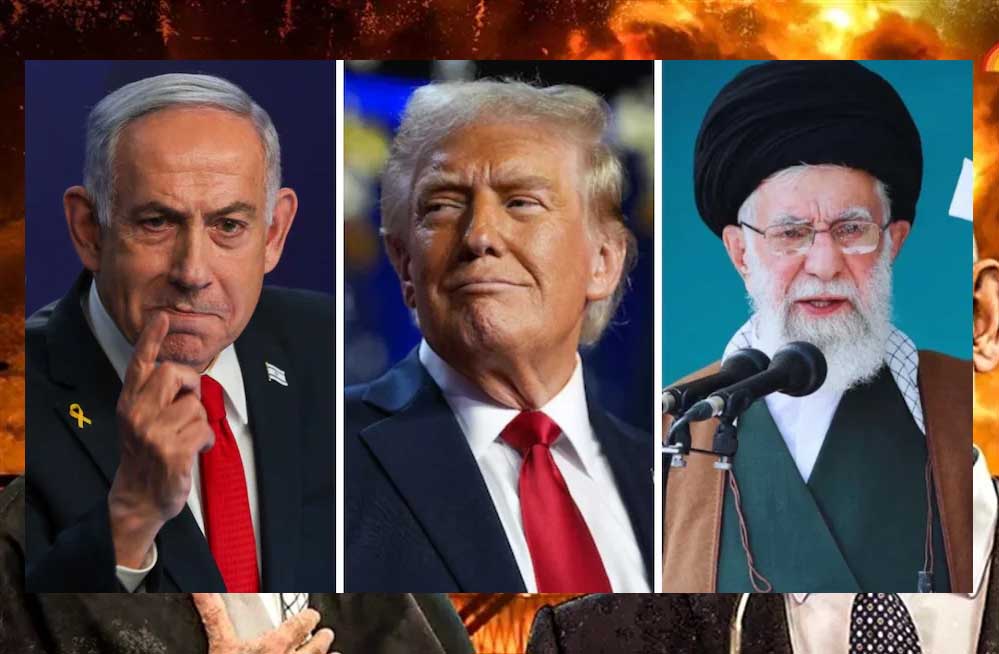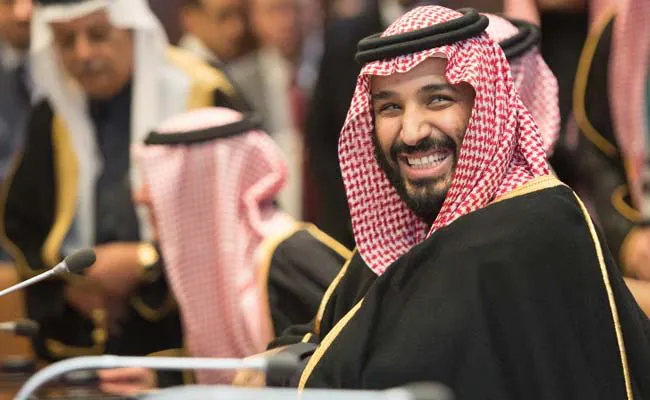Tel Aviv : Tensions in the Middle East have escalated dramatically as Iran launched a powerful counter-offensive against Israel, targeting key civilian and military infrastructure, including the Soroka Medical Center in Be’er Sheva—Israel’s largest hospital in the southern region. The missile strike, carried out using Iranian ballistic technology, left the hospital in ruins and reportedly injured over 200 people, sparking nationwide outrage.
The Iranian military claimed the hospital sat atop a covert Israeli military base. The same wave of attacks also hit the Tel Aviv Stock Exchange building, Gav-Yam military intelligence HQ, and cyber command centers, in what Tehran described as a “targeted military response.”
Following the attack, Israeli Prime Minister Benjamin Netanyahu made a stern appearance at the damaged Soroka Medical Center, vowing, “Iran will face grave consequences for this heinous assault. No one is beyond the reach of Israeli retaliation.” Strong indications from Israeli defense officials point to Supreme Leader Ayatollah Ali Khamenei becoming a potential direct target in upcoming Israeli operations.
“Khamenei Will Be Held Personally Responsible”
Israel’s Defense Minister Israel Katz went even further, calling Khamenei the “modern-day Hitler” and openly stating, “This campaign aims to eliminate him. The one who orders missile strikes on hospitals forfeits his right to exist.” Katz accused Khamenei of being the ideological and operational mastermind behind attacks on Israeli civilians.
Netanyahu added, “Our actions will speak louder than words. No one should feel safe. This is a democracy defending itself from murderers.” His words hinted at an impending large-scale retaliation, possibly targeting Tehran’s leadership.
Trump’s Position Sends Mixed Signals
Complicating Israel’s response is the evolving stance of U.S. President Donald Trump. Just 36 hours ago, Netanyahu was lobbying for direct American military involvement. However, following media reports that Trump had approved an Iran strike plan, the White House clarified its position.
White House Press Secretary Carolyn Leavitt announced Thursday night that Trump would decide within two weeks whether the U.S. will engage militarily with Iran. The administration is reportedly weighing potential negotiations with Tehran, delaying immediate action.
In a late-night statement, Trump said, “The final call will be mine. I’ll act in America’s best interests.” Netanyahu appeared to adjust his tone accordingly, saying, “President Trump understands the game well. While he will act for America, I’ll act for Israel—even alone, if required.”
War Already Taking a Deadly Toll
Since Israel launched Operation Rising Lion last week, both nations have suffered casualties. Israeli airstrikes reportedly targeted Iran’s Arak nuclear complex and other strategic assets in the west and east of the country.

According to official figures:
-
Iran has suffered 640 deaths and 1,300 injuries.
-
Israel has reported 24 deaths and over 400 wounded.
The Israeli military claims Iran has launched 450 missiles and over 1,000 drones, many from proxy territories. Israel continues to respond with precision strikes on Iran’s nuclear and missile facilities. Due to heightened tensions, strict censorship has been imposed on military reporting within Israel.
Scenes of Horror in Be’er Sheva
Footage from Israeli media showed massive clouds of smoke billowing over the Soroka Medical Center, shattered windows, and patients being carried out amid screams and chaos. In Tel Aviv, residential high-rises and office towers were also struck, injuring at least 40 civilians.
What Comes Next?
With rhetoric intensifying and hostilities escalating, all eyes are now on Israel’s next move. Will Khamenei be directly targeted as Netanyahu’s administration has hinted? Will Trump greenlight a joint campaign or keep the U.S. out of it?
As the world watches a potential turning point in the Israel-Iran conflict, diplomatic efforts hang by a thread—and the threat of full-scale regional war looms larger than ever.










